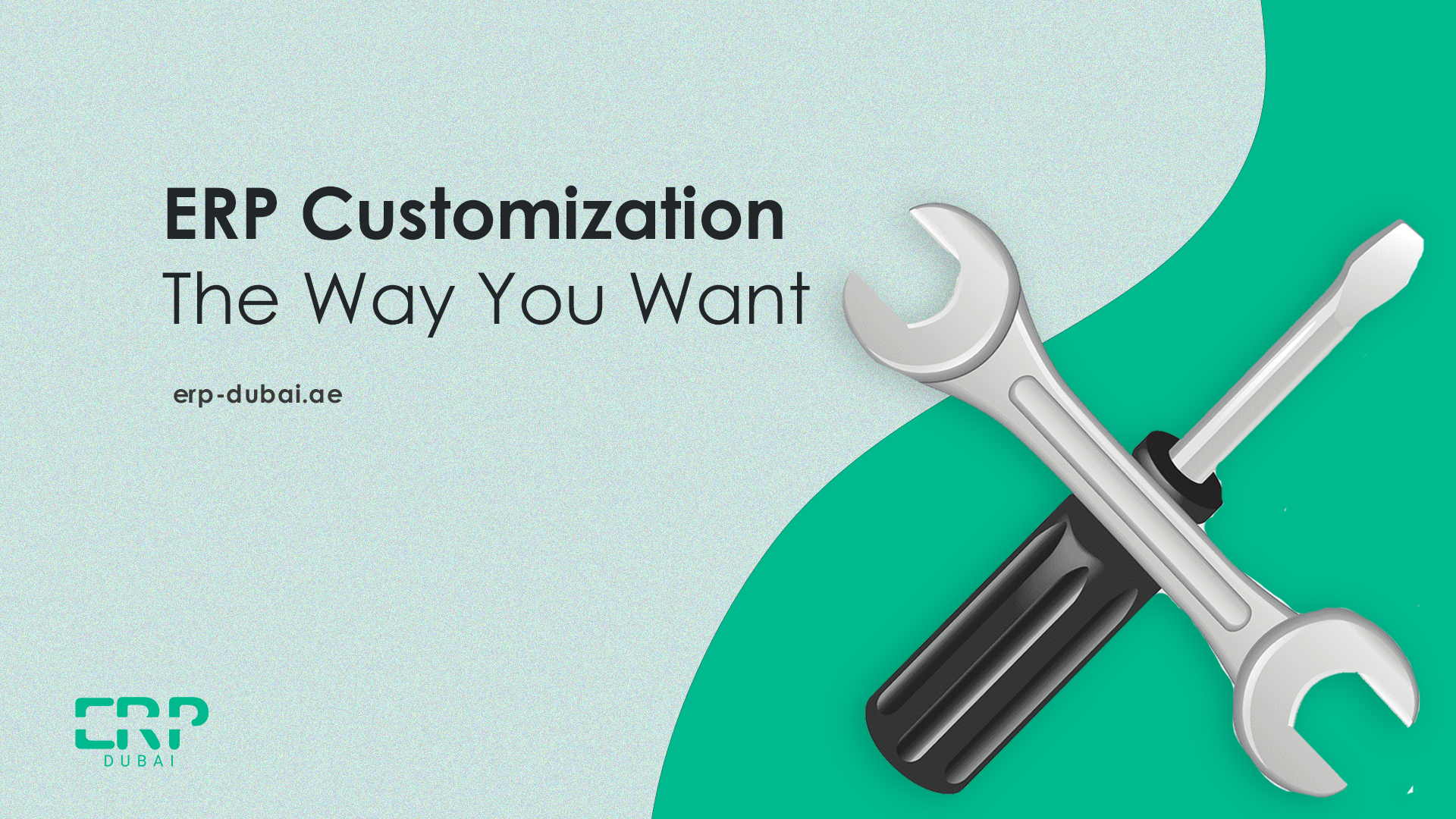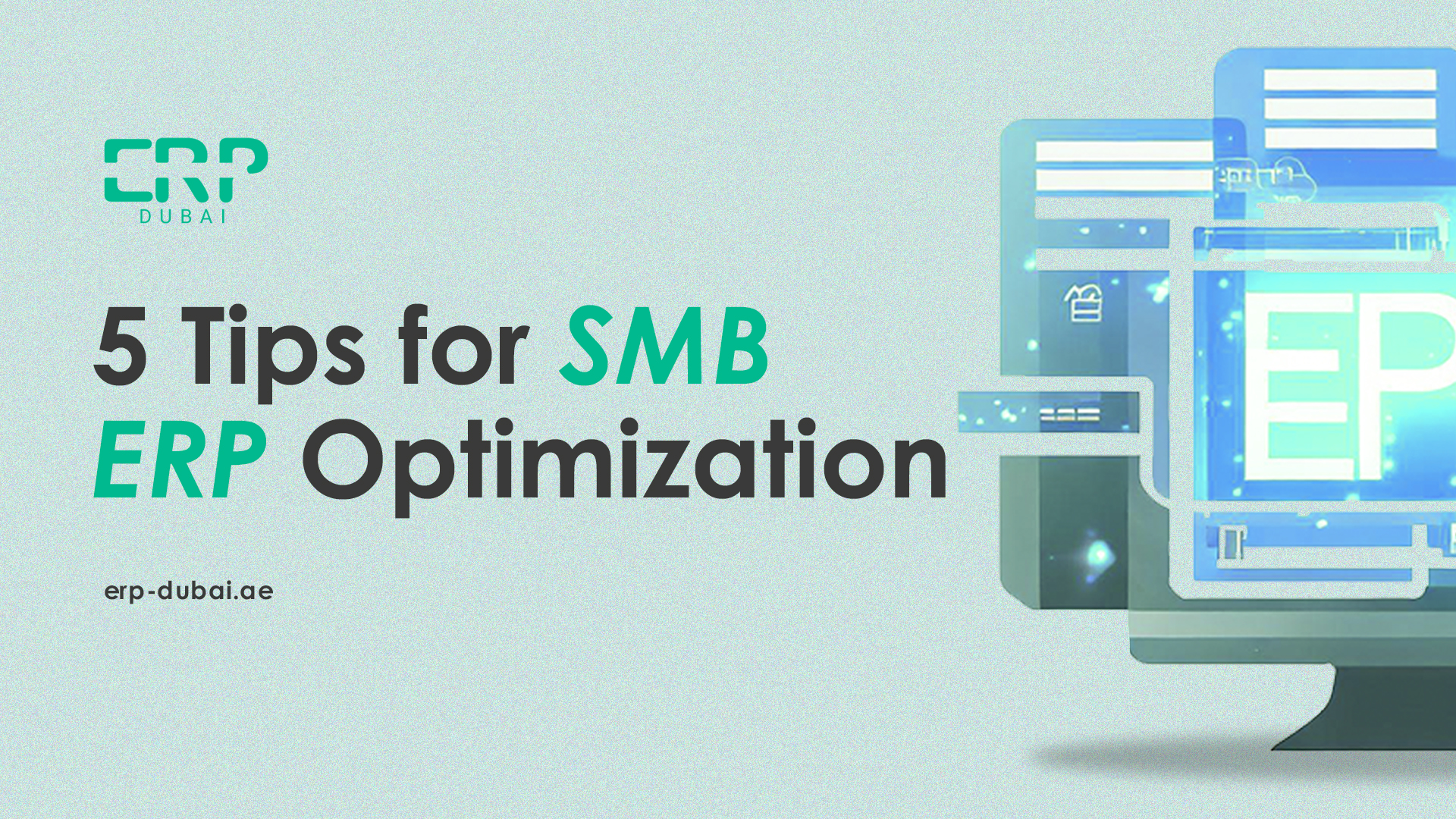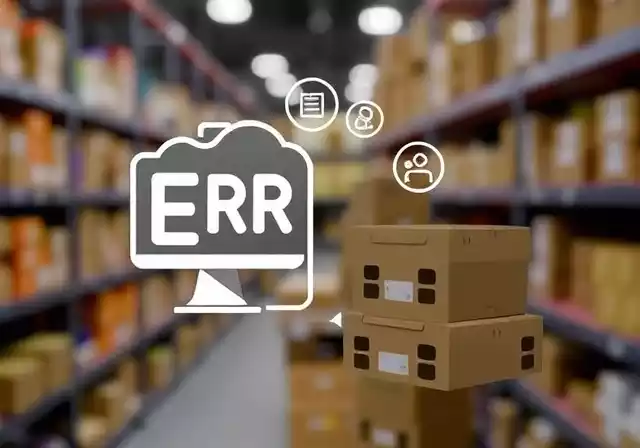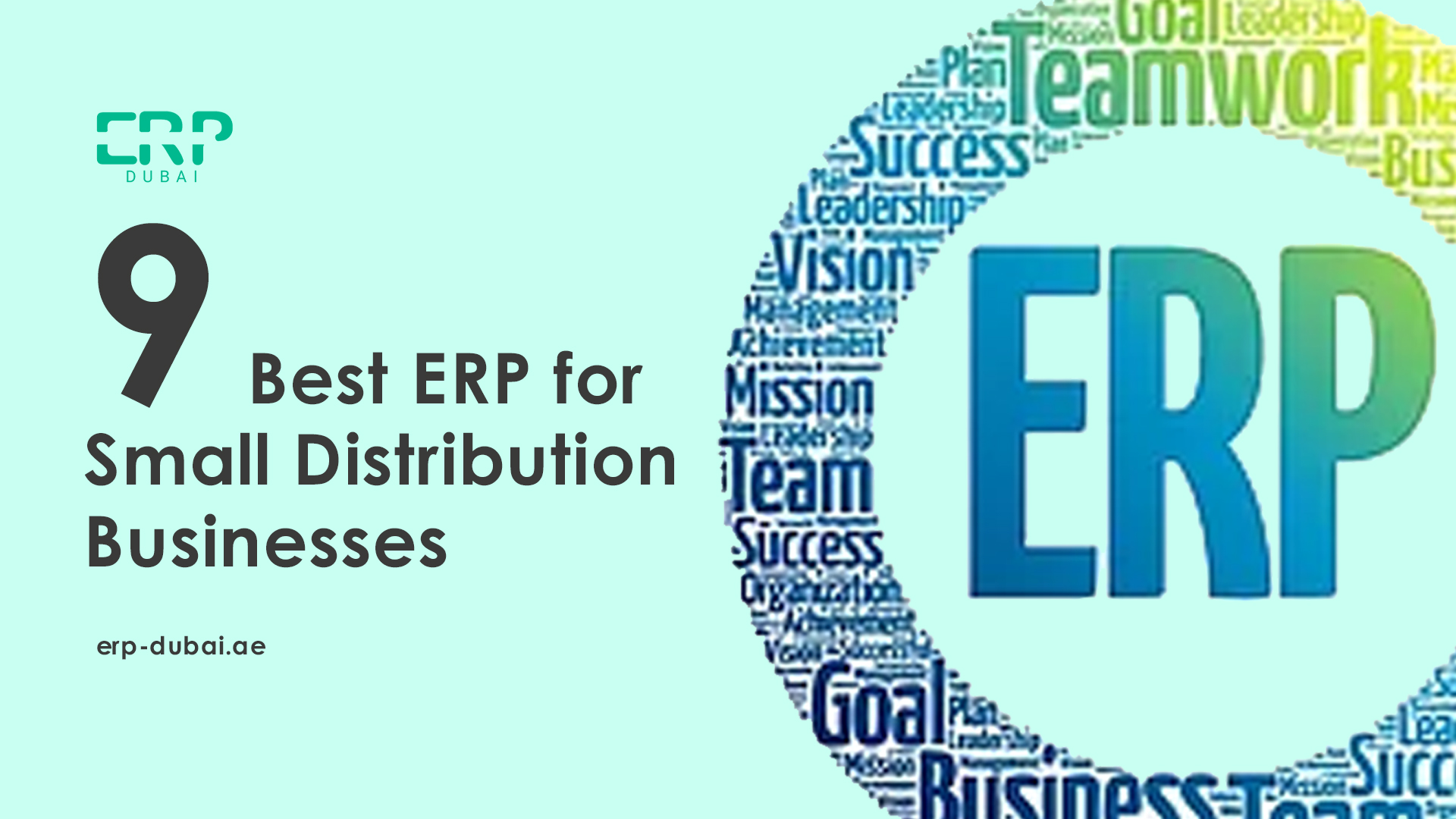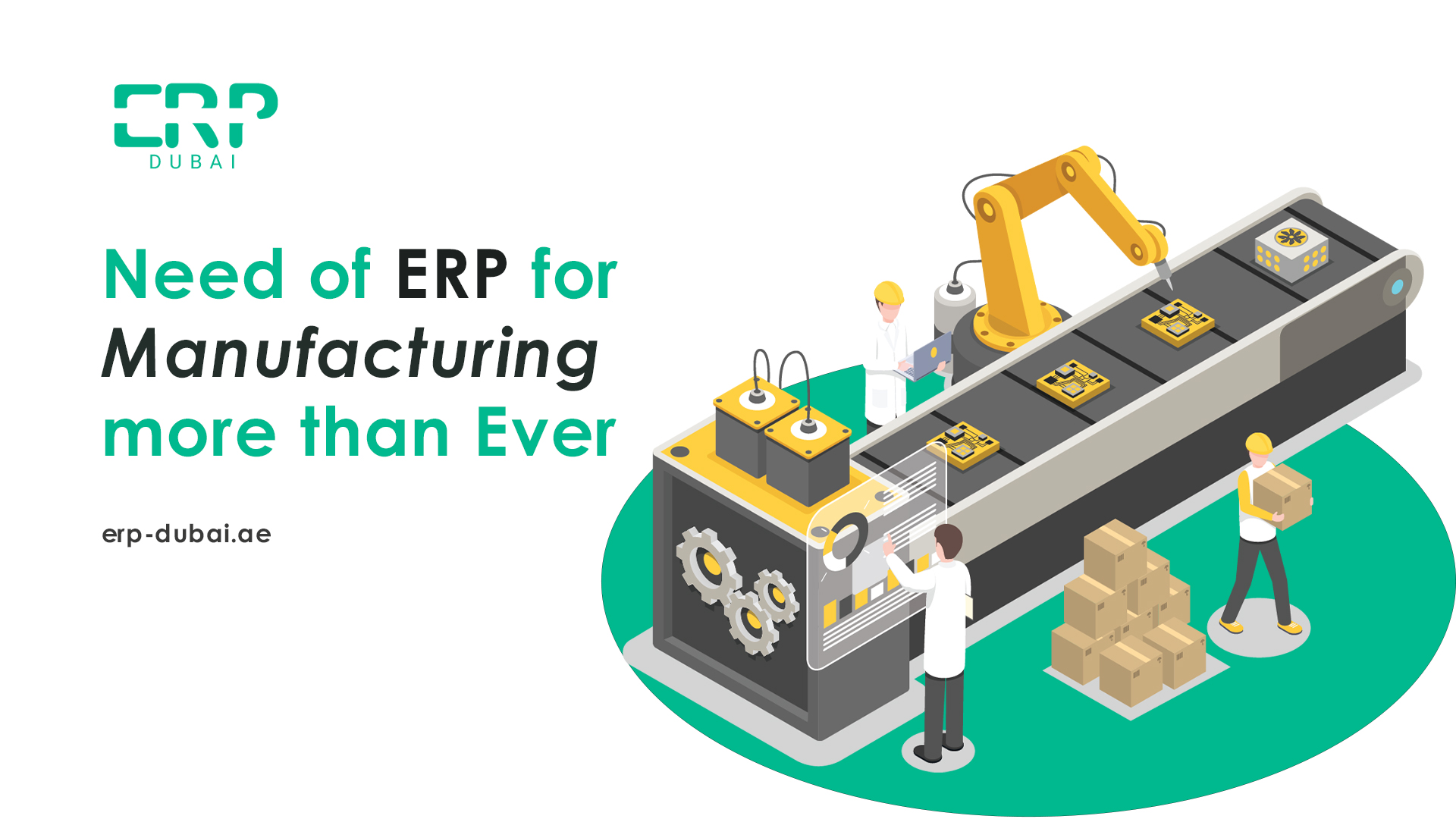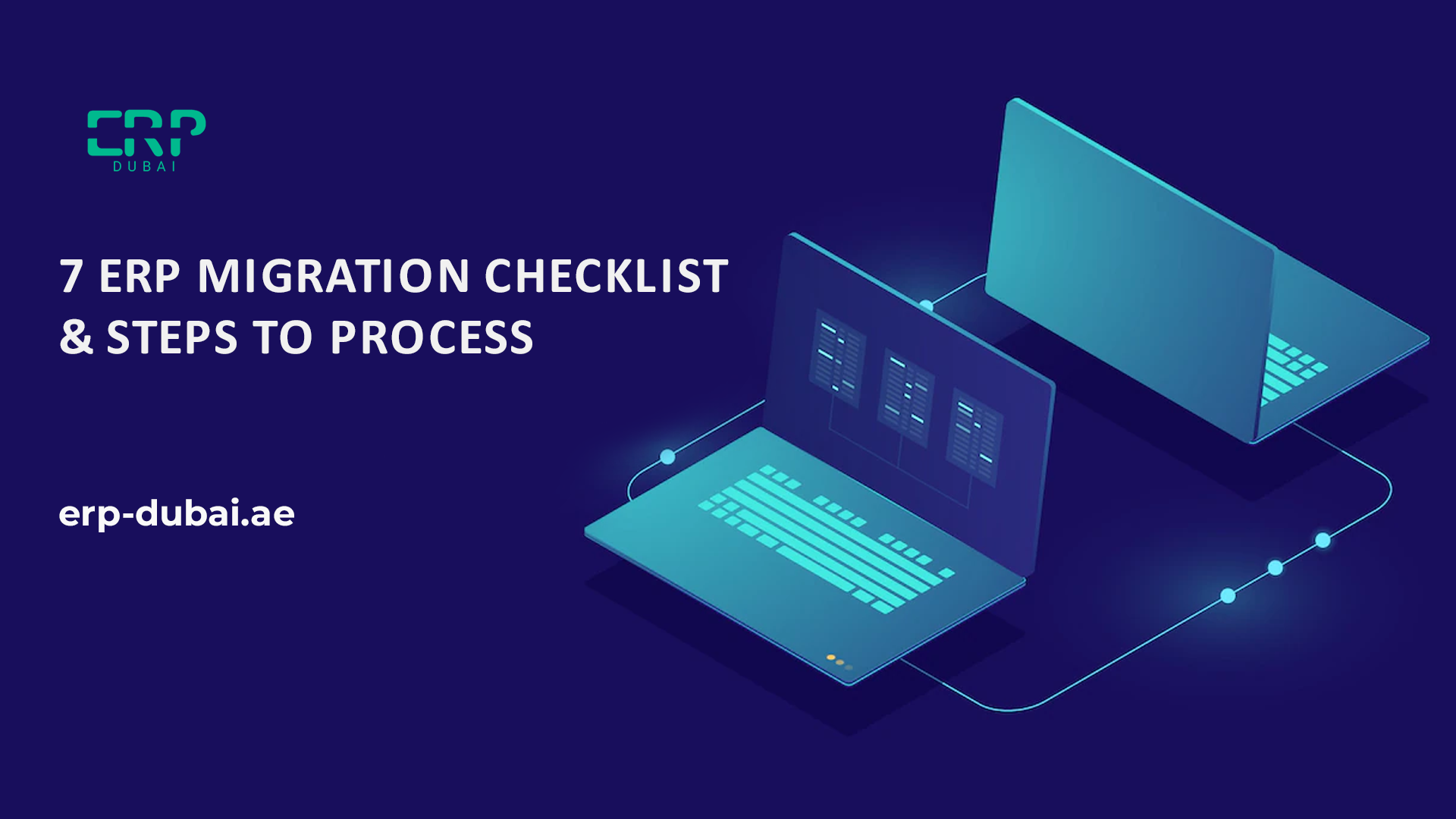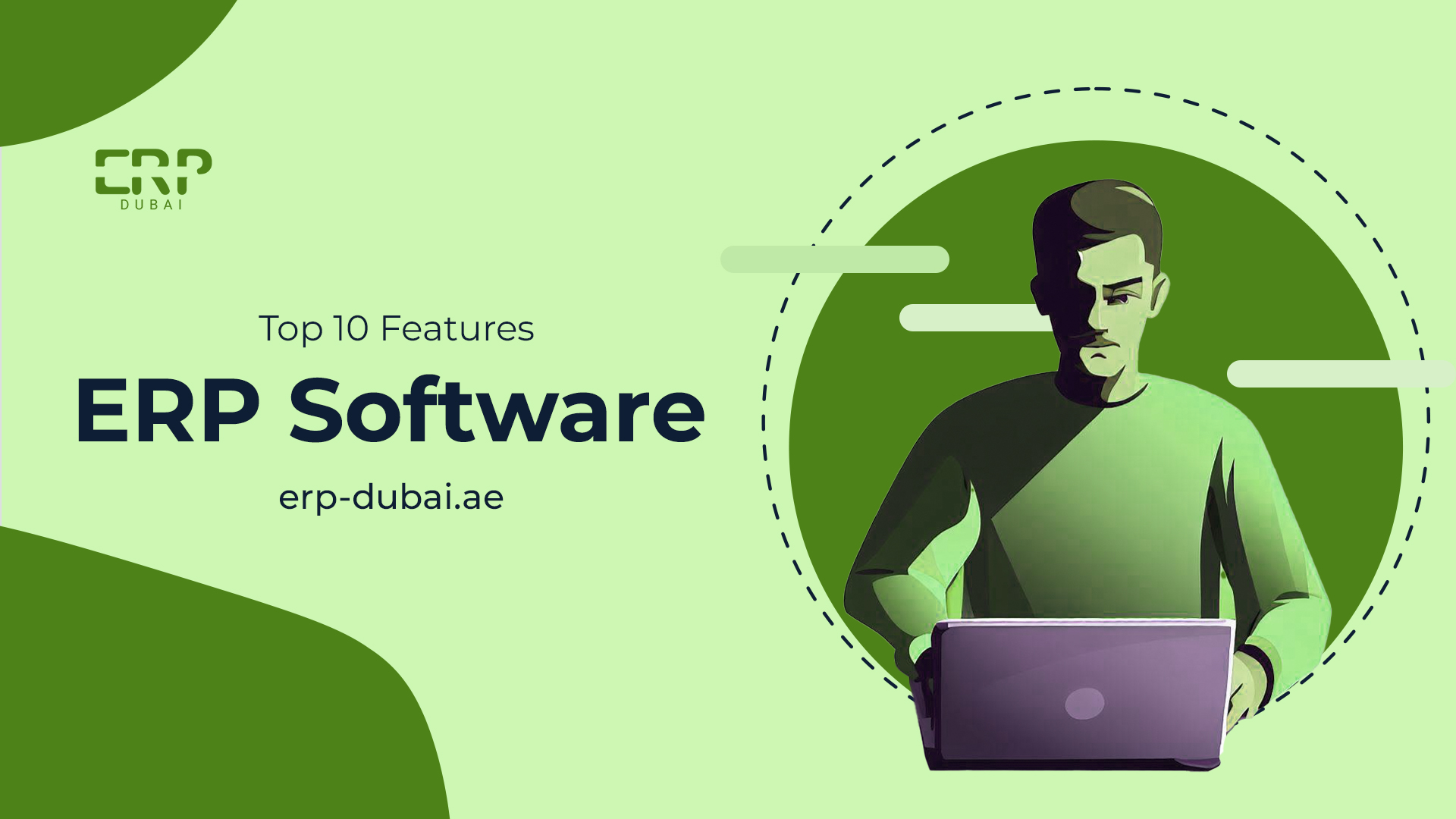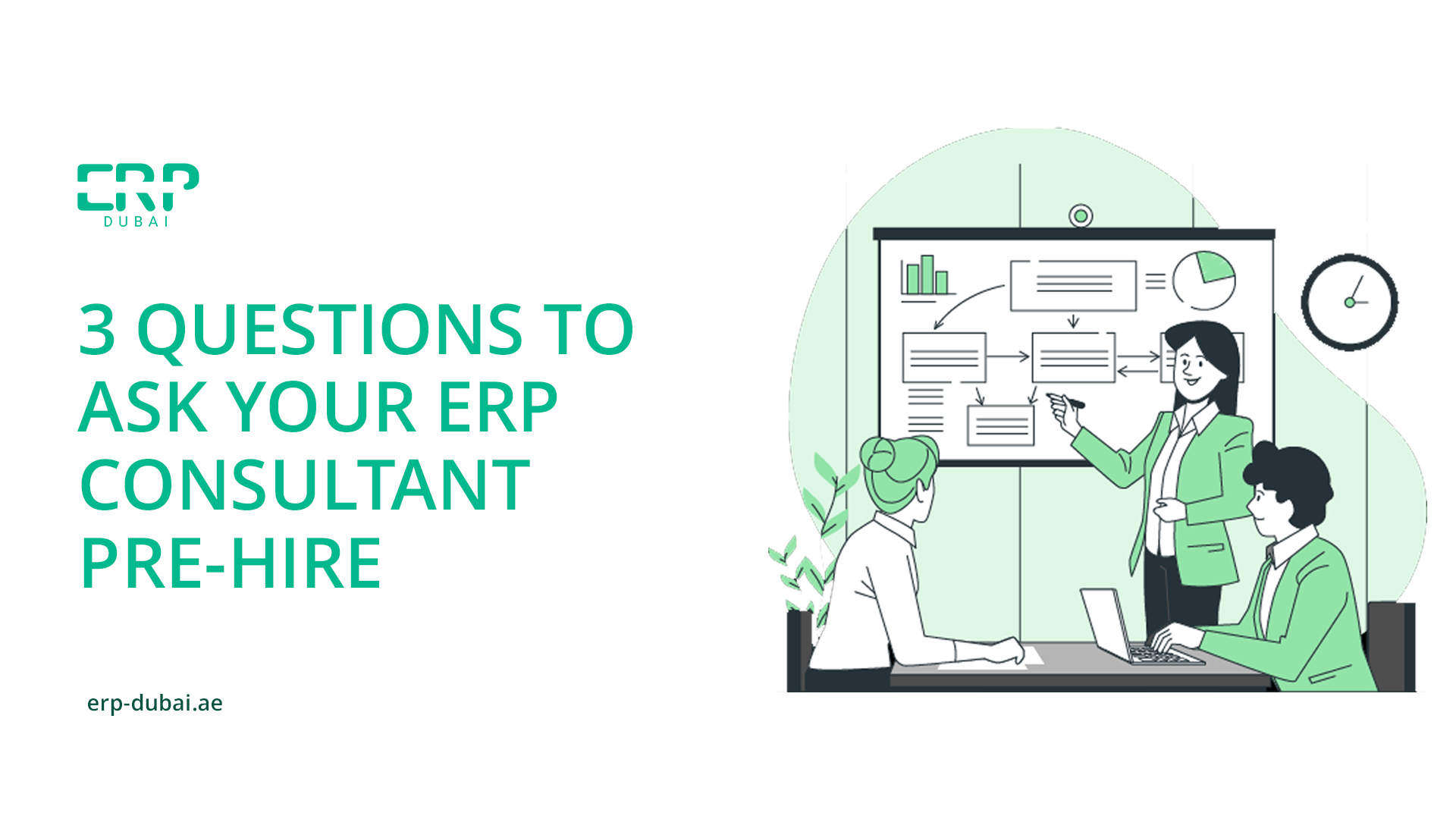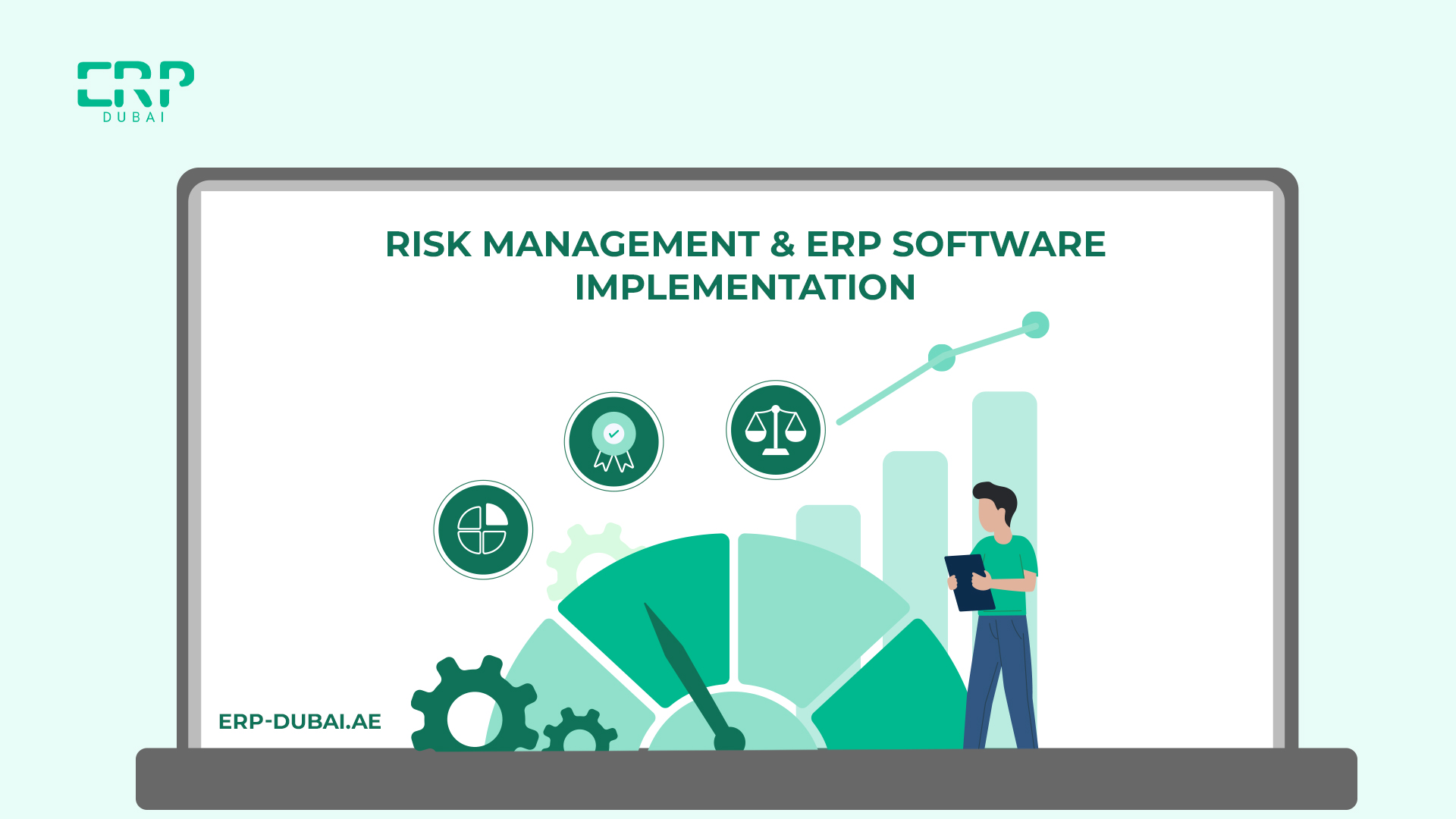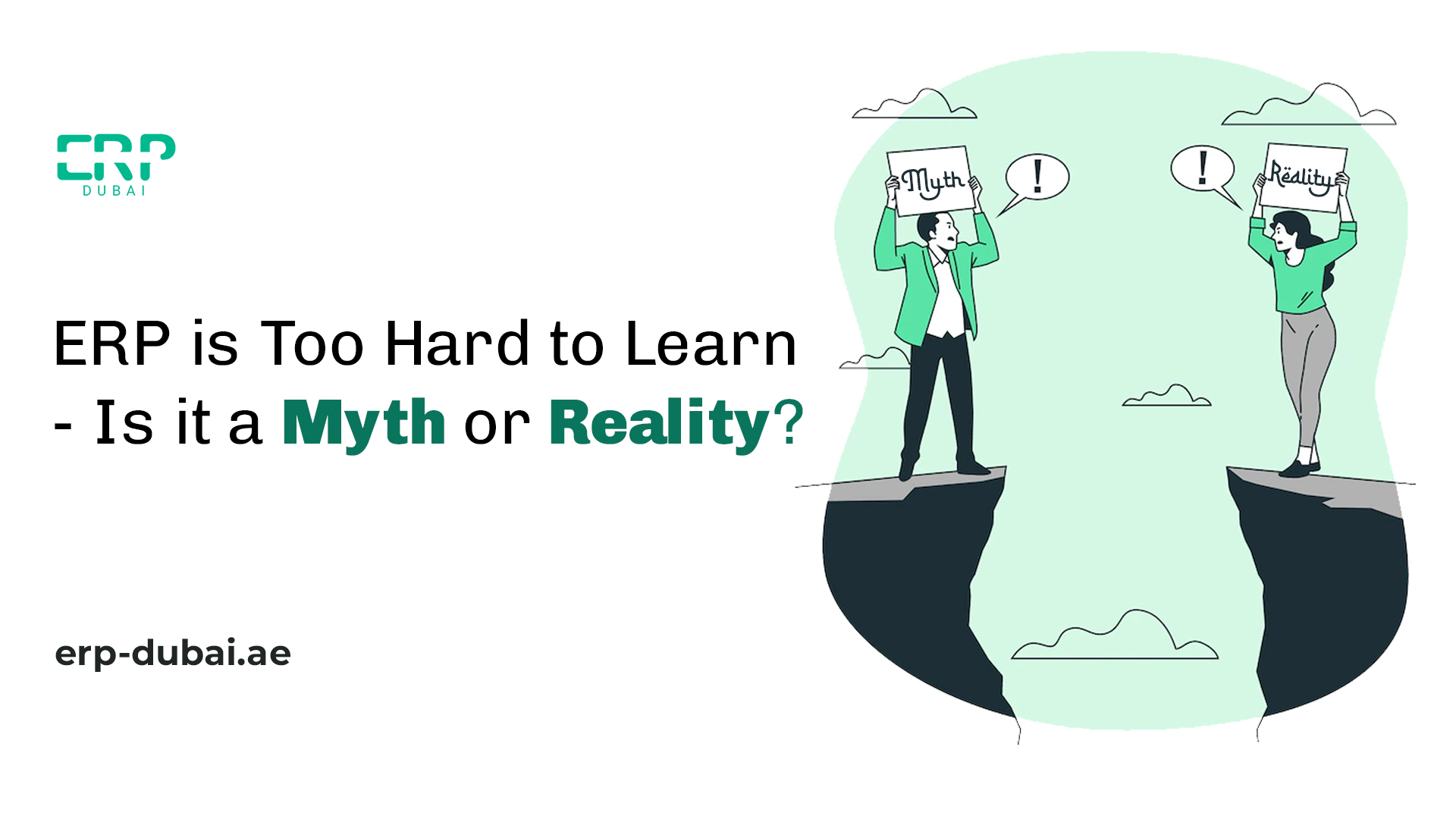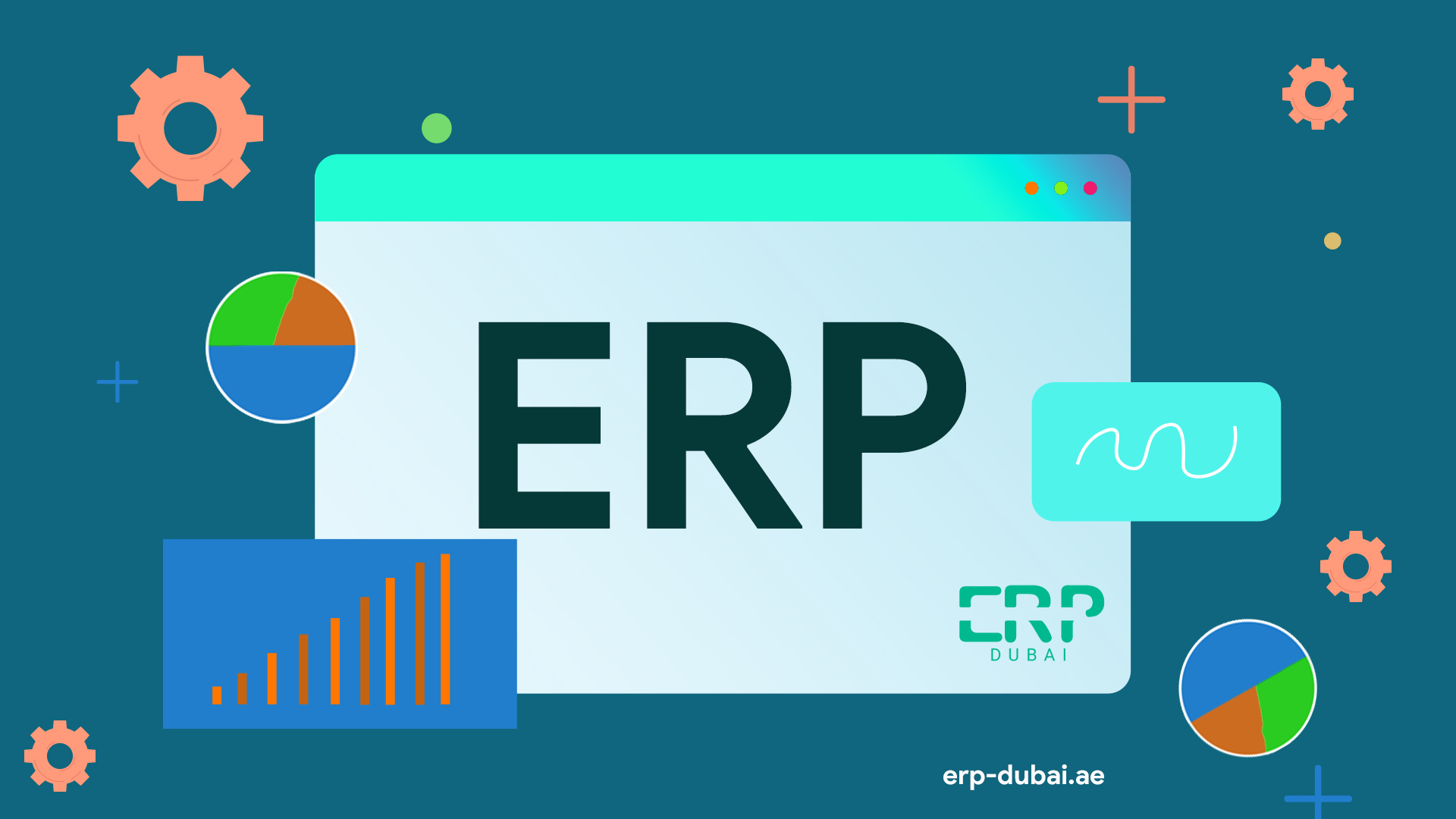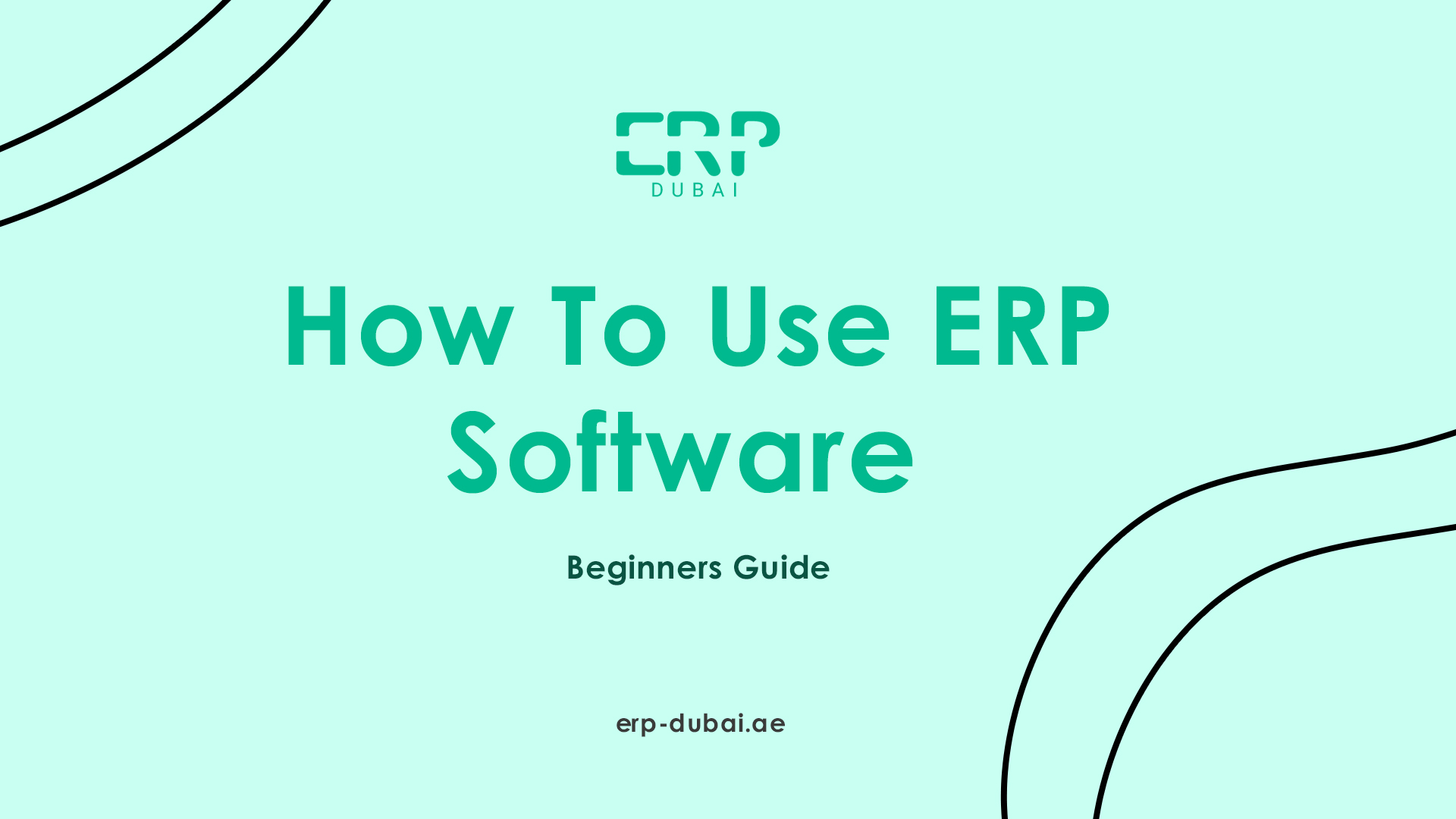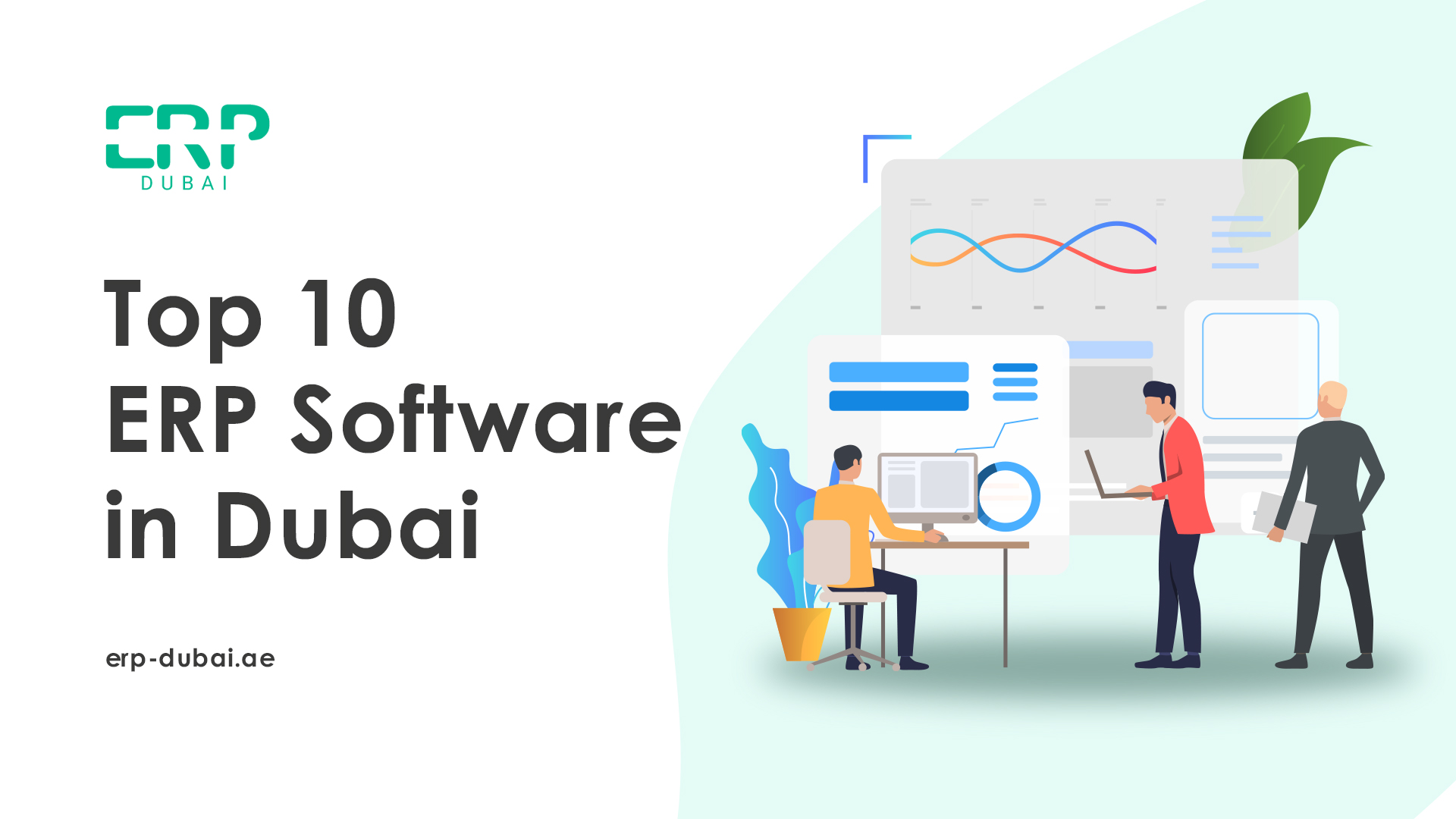No products in the cart.
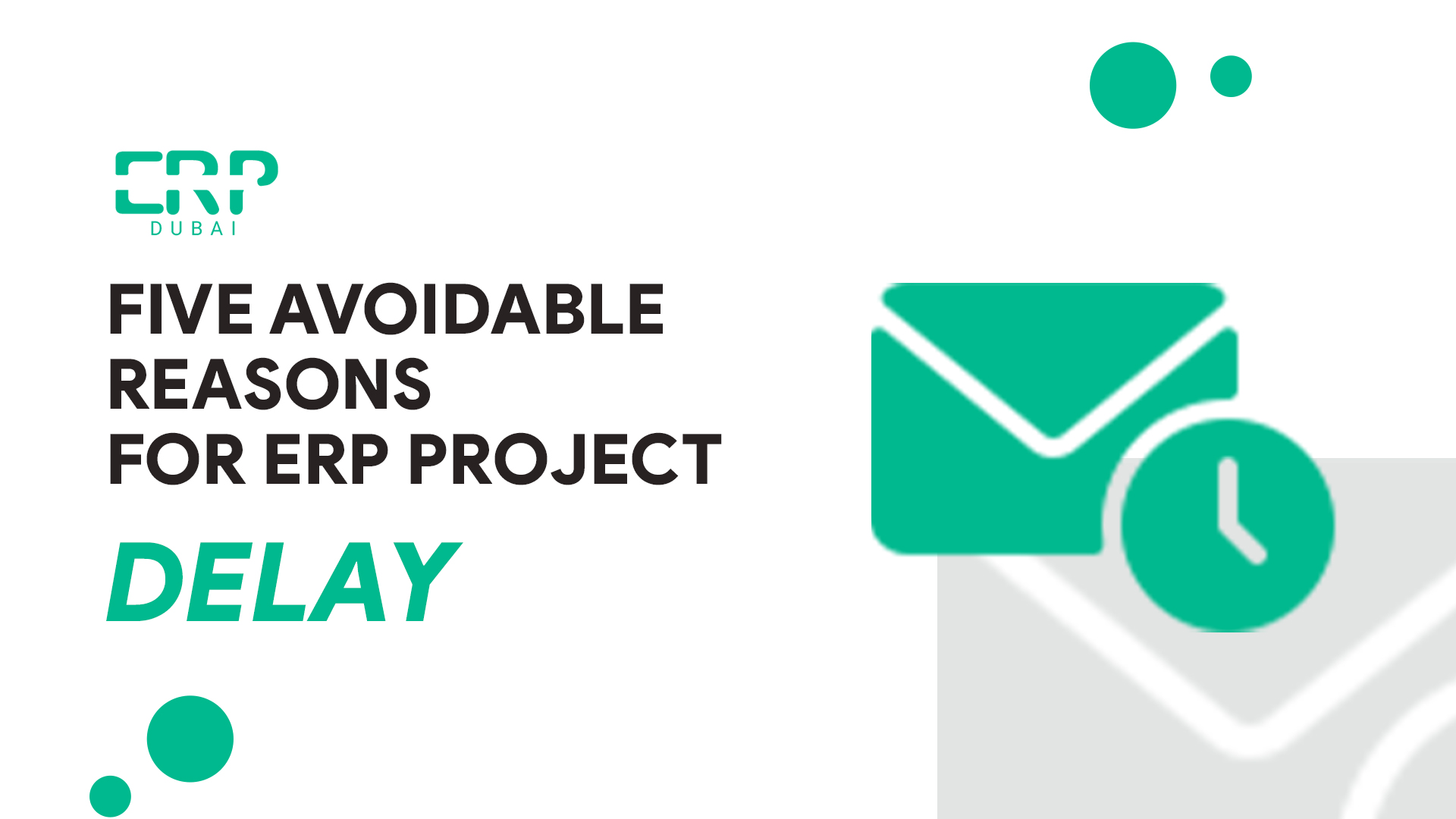
Five avoidable reasons for ERP project delay
Many businesses rely on ERP software as a strategic instrument to organize their operations, boost productivity, and eventually generate revenues. Yet putting in place an ERP System is a difficult process that costs a lot of time, money, and resources. Sadly, many ERP Solution initiatives encounter delays, which can be upsetting and expensive for businesses. In this blog, we will discuss five avoidable reasons for ERP project delays and how to overcome them.
5 reasons for ERP project delay and ways to avoid them
Poor project planning and management
The poor planning and management of projects are one of the most common complications of ERP project delays. Complex ERP projects require several stakeholders and ERP consultants, each with its own goals, deadlines, and deliverables. Confusion, miscommunication, and missed deadlines can result from poor project planning and management. The project’s timetable may be pushed back and costs may rise as a result.
To prevent this, a comprehensive project plan outlining all the tasks, due dates, and deliverables is necessary. To keep it current and reflect any changes to the project scope, the project plan should be reviewed and updated regularly. The project manager should also have previous experience leading complicated projects and possess the required communication abilities to work well with all stakeholders.
Inadequate testing and training
Inadequate testing and training is another common cause of ERP project delays. ERP software is complex and requires extensive customization to meet the unique demands of each organization. However, this modification could produce mistakes and issues that are difficult to detect without comprehensive testing. Insufficient testing can cause system problems and failures, which can cause big-time delays in the project schedule.
Similar to how insufficient training can result in user mistakes and inefficiencies, which can also cause project timeline delays. To prevent these problems, the ERP system must undergo extensive testing prior to implementation. This entails ERP consultants must evaluate each system feature, locate and repair faults, and make sure the system is integrated with all other relevant systems.
Every system user should receive training to assure their proficiency with it. This covers instruction on system features as well as training on any new processes or workflows that are introduced because of the implementation of the ERP. ERP consultants must take responsibility for this process.
Lack of executive sponsorship
The executive team must invest a significant amount of money into and support ERP projects. It can be challenging to get the necessary funding and support to deliver the project on schedule and within budget without strong executive sponsorship. Decision-making delays that affect the project’s schedule can result from a lack of executive sponsorship.
It is important to get the ERP project strong executive support to prevent this. This entails locating a sponsor who has the necessary power and influence inside the business to sponsor the project. To make sure the project stays on schedule, the sponsor should also actively participate in it and regularly update other stakeholders.
Resistance to change
ERP Solution initiatives necessitate considerable changes to how a business operates. Employees who may be change-resistant may find this difficult. Employee reluctance to accept new procedures and workflows might cause project delays due to resistance to change.
Employee participation in the ERP implementation process from the beginning is essential for avoiding this. This entails conveying to them in simple language the advantages of the ERP Solution and how it will affect their roles. Help employees in adapting to the new system and processes, it also involves offering training and assistance by ERP consultants.
Inadequate data migration
For the ERP system to work efficiently, the data must be accurate and comprehensive. Poor data migration can result in mistakes, system problems, and project timetable delays. Data migration entails moving information from the old ERP Solution to the new one. This process requires careful planning and implementation because it can be complicated.
It is essential to thoroughly plan and carry out the data migration process to avoid problems.
Determine the data’s quality and identify it for migration. Make a thorough data mapping plan that maps the old data to the fields in the new system. Before the actual migration, extensively test the data migration process to find any errors and fix them. Before migrating, make a backup of the data to prevent data loss in the event of problems. To confirm the accuracy and completeness of the transferred data, ERP consultants must do post-migration data verification.
Choose the right ERP software solution for your business
Also, businesses can choose the appropriate ERP Solution and vendor to avoid delays in ERP implementation. It’s essential to find a solution that addresses the unique requirements of your business because trying to adjust a generic system on a project-by-project basis runs the risk of failing.
An industry-specific version from a reputable technology provider is your best option. This gives you access to best practices on a reliable, open platform for your individual needs.
Although there are some universal needs for the “appropriate” ERP provider, companies disagree on what the right ERP Solution should look like. Your ERP provider needs to have a track record of completing successful ERP installations and building the kind of solid, collaborating relationships that are essential for overcoming obstacles along the way to ERP implementation.
Elate ERP could be the right choice for your company.
Elate ERP Solution provides several solutions to help you automate many of your daily tasks and streamline your business processes. It can support you in lowering manual errors and boosting productivity on tasks like managing inventories and processing payroll.
As your business grows, you can easily add new users, modules, and functionality without having to change systems.
Elate ERP is an affordable option that can help you in saving money on staffing and IT infrastructure expenses. You can choose the deployment method that best suits your budget and business requirements, whether it’s cloud-based or on-premise.
You can easily access the data you need to track important indicators and identify areas for improvement with the help of customizable dashboards and reports.




